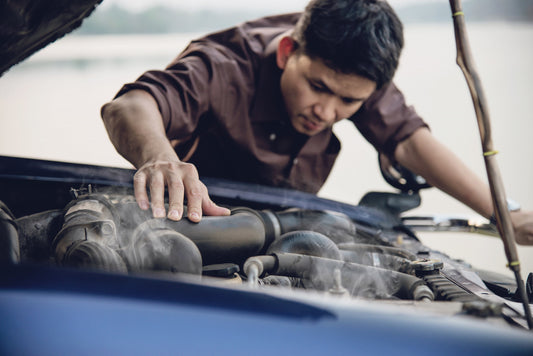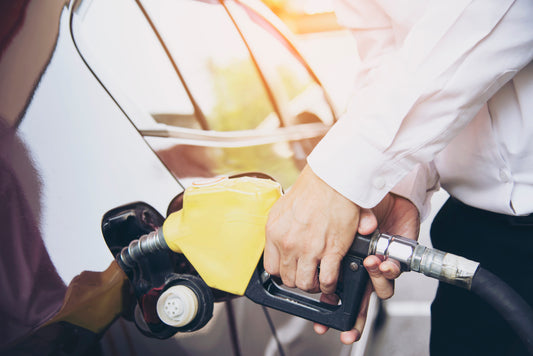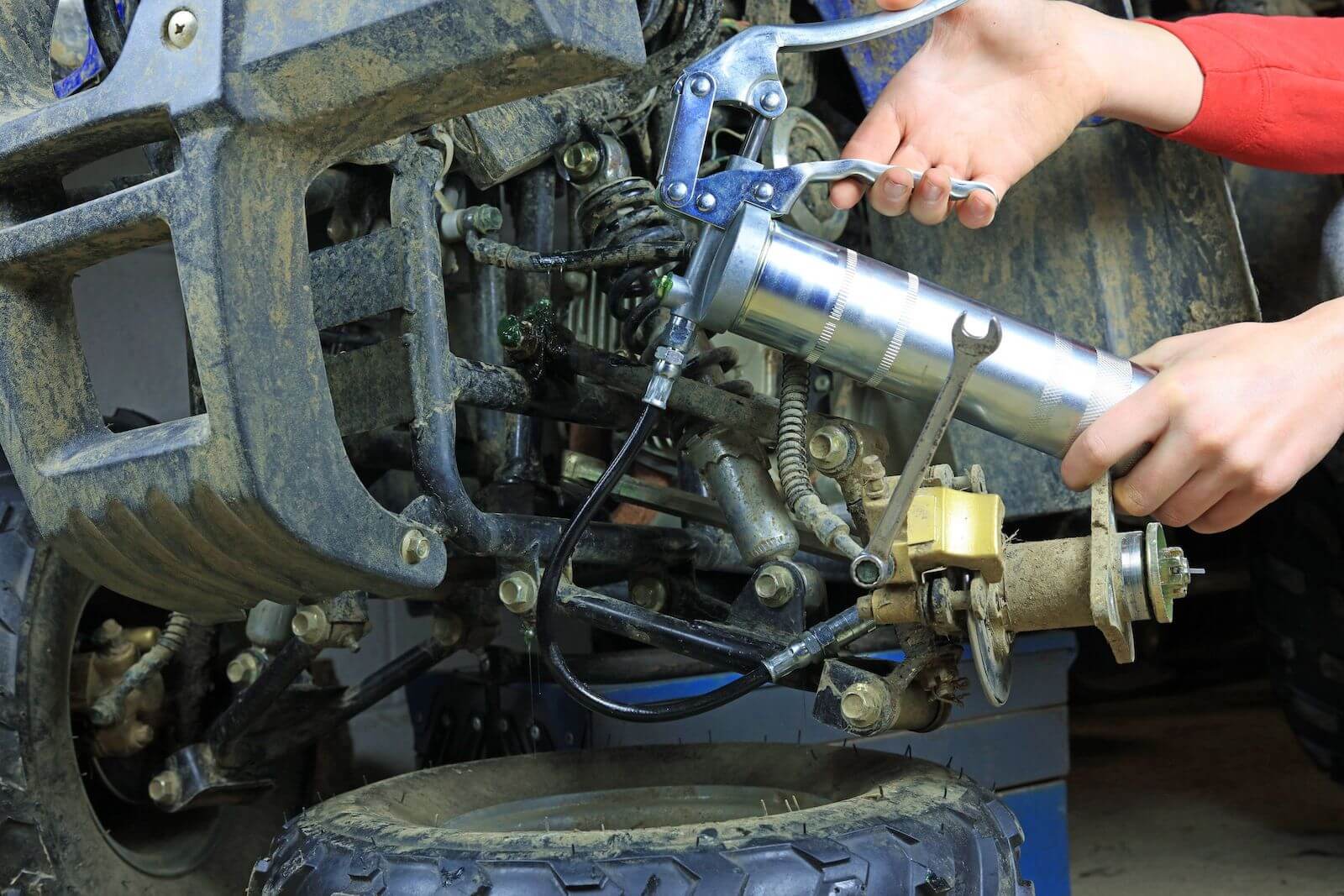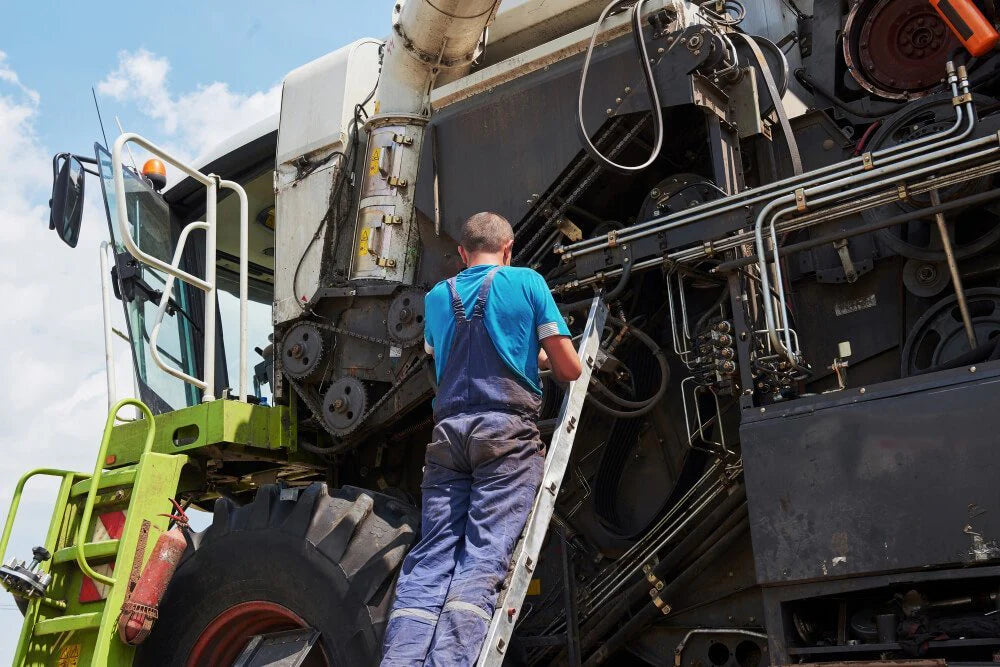Lubrication plays a critical role in the smooth operation and longevity of machinery and equipment. As technology advances and environmental concerns grow, the field of lubrication continues to evolve.
In this blog, we will delve into some of the hottest topics in lubrication research and development, focusing on sustainable lubricants, tribology in extreme conditions, nano lubrication, and condition-based maintenance and lubricant health monitoring.
By understanding and embracing these advancements, industries can improve performance, reduce environmental impact, and prolong the lifespan of their equipment.
Sustainable Lubricants
The demand for sustainable lubricants is rising as companies strive to minimize their ecological footprint. Many lubricant companies are now focusing on developing environmentally friendly lubricants by investigating alternative base oils and additives that meet stringent environmental criteria.
However, these green technologies are not easy to develop and must overcome huge challenges. Some of these challenges include cost, availability, and demand. The fact of the matter is that many companies don’t embrace change, but new companies are emerging, ready to take on those challenges.

Every year new products hit the market showcasing the importance of biodegradability, low toxicity, and new green innovations.
Sustainable Technology Highlight: Lube-Shuttle® is the only reusable, recyclable greasing system. It uses a thread-in cartridge system to eliminate wasted grease and lost time, and uses 99% of the grease in the tube!
Tribology in Extreme Conditions
As the world is becoming more industrial and new machinery is subject to higher temperatures, more extreme pressures, and harsh environmental conditions the lubricants must adapt to overcome the new operating conditions. Therefore, TRIBOLOGY is more important than ever.
Tribology is the study of friction, lubrication, and wear and how they react in specific environments. Understanding lubrication and wear mechanisms in these conditions is crucial for improving performance and durability. Cutting-edge research is now exploring advancements in lubricant formulations and surface coatings designed to withstand high temperatures, pressures, and corrosive environments.
Did you know? Walter Wagner, the owner of Wagner High-Quality Lubricants, and Wesley Kolbe the owner of AET Systems, Inc. are industry-leading tribologists. Their research and development of nano lubricants have been featured in magazines like Machinery Lubrication!
Nano Lubrication
Nanotechnology has opened new possibilities for enhancing lubricant performance at the nano level. This field of study is exploring the exciting field of nano lubrication, which involves the development of nano-level additives, coatings, and lubricant films.

These nanostructures can reduce friction and wear, improve load-carrying capacity, and enhance the lubricant’s thermal stability.
In some new products, the oil (old standard of lubrication) is only the delivery agent for nanoparticles that provide all the lubrication! In many cases, nano lubricants outperform standard lubricants 10 to 1!
Nano Lubricants in USE: Wagner Universal Micro Ceramic Spray, AirTec Micro Ceramic Engine Oil Additives, and AirTec LI400 Grease all feature nano and micro technology!
Wagner Universal Ceramic Spray and Chain Lube
Universal Ceramic Lube is a specialized adhesive lubricant ideal for rollers, chains, worm gears, open bearings, and all other open surfaces that require lubrication.
shop nowCondition-Based Maintenance and Lubricant Health Monitoring
The era of preventive maintenance is gradually shifting towards condition-based maintenance, enabled by advanced sensors and monitoring techniques. These monitoring techniques examine the benefits of real-time monitoring of lubricant properties, such as viscosity, contamination levels, and chemical composition.
Specialists can then further determine how this data can optimize equipment performance, reduce downtime, and extend component life. Some new age monitoring systems include online sensors, wear debris analysis, and oil analysis programs.

Monitoring the health and degradation of lubricants is also a new means of ensuring optimal performance and preventing premature equipment failure. During lubricant monitoring the contamination levels, oxidation levels, and age level of a lubricant are tracked.
Once the lubricant is determined to be at a “non-acceptable” protection level it is then replaced. This proactive strategy ensures that a lubricant is used to the full extent of its lifespan but NOT beyond the period where it can provide adequate protection! Advances in artificial intelligence, oil analysis, and spectroscopy are making lubricant monitoring more and more common.
Final Words!
In conclusion, the field of lubrication is advancing rapidly, driven by the need for improved performance, sustainability, and reliability. Sustainable lubricants offer a greener alternative, while tribology in extreme conditions ensures reliable operation even in the harshest environments. Nano lubrication opens new frontiers for friction reduction and improved efficiency.
While condition-based maintenance and lubricant health monitoring enables proactive maintenance strategies, leading to optimized equipment performance and reduced downtime.
As the field of lubrication continues to evolve, researchers, engineers, and industry professionals need to stay abreast of these hot topics. Collaborative efforts and continued research in these areas will drive innovation, pushing the boundaries of lubrication technology further. Ultimately, the goal is to achieve optimal lubrication performance while preserving the environment and maximizing the lifespan of the equipment.
In conclusion, the future of lubrication lies in companies like AET Systems, Inc. that focus on sustainable practices, advanced tribology, nanotechnology, condition-based maintenance, and effective lubricant health monitoring. By embracing these hot topics, companies like AET are paving the way for a more efficient, reliable, and environmentally friendly future.







